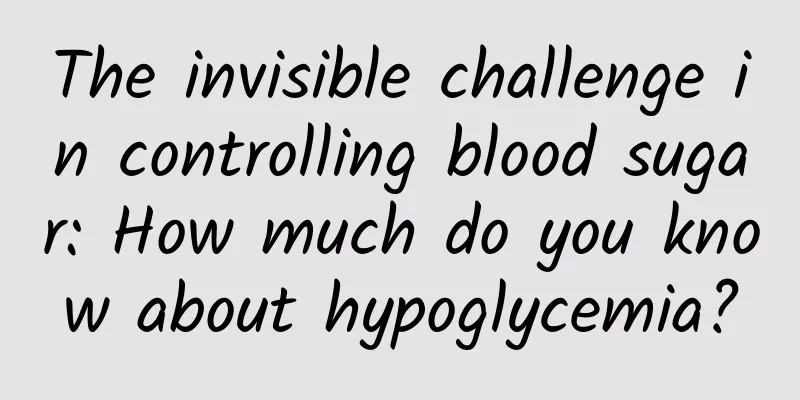Symptoms of non-ovulatory follicles

|
There are often many problems with follicles, and these problems have more or less certain obvious symptoms, including the situation where follicles do not ovulate. This situation is a relatively abnormal manifestation, and there are certain symptoms that can be manifested, but many people do not know its specific symptoms, or have never understood them. So what are the symptoms of follicles not ovulating? Central endocrine disorders. Ovulation is a complex process involving the coordinated action of multiple hormones. In central endocrine disorders, luteinizing hormone (LH)The peak secretion level is insufficient to stimulate the biochemical and histological changes that lead to the digestion and rupture of the follicle wall, thereby affecting the growth and development of the follicle and the occurrence of ovulation. Local obstacles. Endometriosis, pelvic inflammatory disease, etc. can cause follicles to not ovulate. Take pelvic inflammatory disease as an example. When the fallopian tubes become inflamed, they will thicken, become fibrotic and become cord-like, and may even adhere to the ovaries, uterus and surrounding organs and tissues, forming a hard and fixed mass. In severe cases, it will hinder ovulation from the ovaries. Enzyme deficiency or prostaglandin deficiency. The enlarged follicles are close to the ovarian cortex, and fibrinolysozyme, activated collagenase, and prostaglandins act on the basement membrane of the follicle wall, digesting the follicle wall and causing the formation of the ovarian ovulation pore. If there is a lack of enzymes or prostaglandins at this time, it will greatly affect the discharge of eggs.Hyperprolactinemia. Prolactin affects the normal secretion of gonadotropin from the pituitary gland, thereby causing ovarian dysfunction and affecting the normal development of follicles and the ovulation function of the ovaries. Increased blood prolactin levels reduce the secretion of blood follicle-stimulating hormone, leading to impaired or incomplete development of ovarian follicles, and ultimately leading to anovulation or infertility. Psychological factors. The absence of ovulation in the presence of follicles is largely due to work pressure, mood swings, and mental stress. When women are under long-term stress, their blood prolactin levels may repeatedly show small peaks, which may affect ovulation. This situation is often accompanied by symptoms such as irregular menstruation, dysmenorrhea, and breast pain. |
<<: How to make nipples pink and soft
>>: What to do if there is no basal follicle
Recommend
There are three methods for examining osteoporosis. What are the differences between them?
Author: Cheng Xiaoguang, Chief Physician, Beijing...
Symptoms of 18 weeks pregnancy
Because the bodies of pregnant women in the early...
The best way for girls to train their arm strength
Compared with girls, boys have stronger arm stren...
Ovarian cyst puncture procedure
In fact, in the early stages of ovarian cyst prob...
Can you really get pregnant by having sex the day after your period?
Everyone knows that getting married and having ch...
How can women delay aging better?
Once women reach menopause, they are particularly...
Is it good for a woman to dream about eating?
The happiest thing in life in this world should b...
What is conservative treatment for endometrial polyps?
Nowadays, various aspects of society, such as sci...
Pictures of women's big neck disease
If female friends suffer from goiter, they are of...
Soak your feet in Huoxiang Zhengqi water?! Some people lose weight, some people gain weight... Please pay attention!
As the saying goes, "Don't expose your b...
Why does a pregnant woman have dry mouth?
Everyone is familiar with the phenomenon of dry m...
How long does it take for the uterus to return to normal after a normal birth?
After ten months of pregnancy, giving birth to a ...
Women are most afraid of vaginal odor
The female vagina has always been very important ...
How long does it take for the fetus to be born after it falls?
After becoming pregnant, you become the focus of ...









